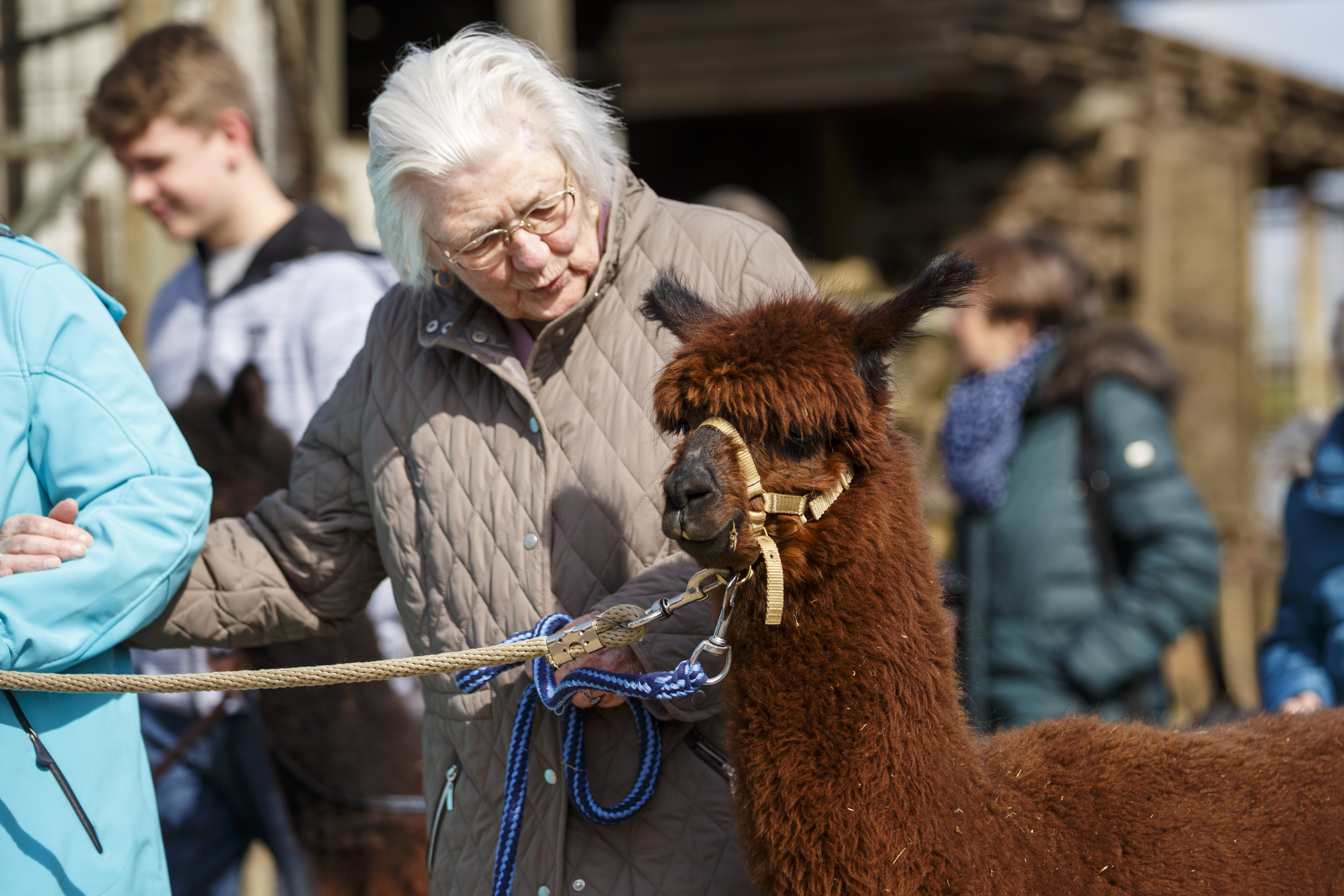|
|
|
IN THIS ISSUE
|
| The Grammys' “rookie year,” millennial mortality and therapy llamas.
|
|
|
|
|
|
The News Fix
|
This week the Recording Academy announced its nominees for the 2020 Grammy awards, and the three artists with the most nominations are all groundbreaking acts who forged novel pathways to the charts — via the internet. Lil’ Nas X’s “Old Town Road” and Lizzo’s “Truth Hurts” both went viral on
video-sharing app TikTok. Billie Eilish caught the attention of labels after
uploading a track to SoundCloud.
In fact, Lizzo’s “Truth Hurts” didn’t even chart when it was first released as a single in 2017. The whole TikTok thing happened this year, and the song became awards-eligible after Lizzo included it on a deluxe edition of her album “Cuz I Love You,” which came out in April.
As one Rolling Stone editor wrote, this year’s Grammys slate bears out the so-called “long-tail” theory in statistics: The
expansive nature of the internet has redirected consumers to lesser-known, more genre-bending artists. With what feels like infinite choices, across a multitude of platforms, new kinds of music are bubbling up to the mainstream — at an entirely different pace.
And that’s changing what used to be the common
lifecycle of a popular music album. Thirty years ago, there might’ve been about a dozen No. 1 albums in a year; today, that number is closer to 40. For legacy artists, success in the music biz is changing — and that truth might hurt.
|
|
|
|
Smart in a Shot
|

|
Since 2011, the number of service and emotional support animals in the National Service Animal Registry has exploded to nearly 200,000 from 2,400. (It costs between $54 and $154 to register an animal with NSAR.)
And as the number of therapy animals has grown, so has the range of species and the roles they’re taking on. The New York Times reported this week that 20 therapy llamas and alpacas are now registered with Pet Partners, a nonprofit that trains human-animal teams to help people with post-traumatic stress disorder, patients recovering from illness and young and elderly people with intellectual disabilities.
At San Francisco International airport, you can seek comfort from the “world’s first airport therapy pig,” Lilou. Miniature horses visit nursing homes, alpacas greet guests at one Portland, Oregon, hotel, and last week a small army of therapy dogs helped Capitol Hill lawmakers and staffers to decompress after the first day of impeachment hearings.
|
|
|
|
The Numbers
|
New research from insurer BlueCross BlueShield finds that millennials (born from 1981 to 1996) could see their health
deteriorate faster over the next decade. Let’s dive in.
|
| 40%
|
That’s how much the
mortality rate among millennials could jump relative to Gen Xers (born from 1965 to 1980) at the same age. Millennials are seeing their health decline faster than the previous generation as they age, from physical conditions like hypertension and high cholesterol to behavioral health such as major depression and hyperactivity.
|
| 57 million
|
That’s how many U.S. adults are estimated to have
behavioral health conditions, and many with these conditions are also at higher risk for poor physical health. Accelerated declines in millennial health are expected to drive demand for treatment, leading to higher health care costs.
|
| $4,500
|
That’s how much the poorer health patterns among millennials
could cost them annually in per-capita income compared to Gen Xers. Health problems often prevent people from contributing to the economy as they otherwise might, leading to higher unemployment and slower income growth.
|
|
|
|
|
|
None of us is as smart as all of us
|
|
|
|
TV’s visions of suburbia
|
Marketplace’s Sheriden Smith recommends
this video from Architectural Digest, in which architect Michael Wyetzner explains the features of suburban homes in television shows like “Mad Men” and “The Brady Bunch.”
•••
|
New Hollywood rules
|
Listener David D. recommends this
blog post on the Justice Department’s move that would allow Hollywood studios once again to own the theaters that show their movies. David said the decision raises questions about who controls consumer access to content.
•••
|
The hardest thing about cooking isn't cooking
|
| Marketplace’s Kimberly Adams recommends
this essay about the complicated relationship between women and machines in the kitchen. While devices like the Instant Pot save time and energy, the most taxing work in the kitchen — the “brain work” — can’t be automated.
|
|
|
Sign up for this and other Marketplace newsletters here.
|
|
|
|
|
|
|

|
|
Elevate your understanding of what's trending, breaking and buzzing with Make Me Smart. Because none of us is as smart as all of us.
|
|
|
|
|
|
|